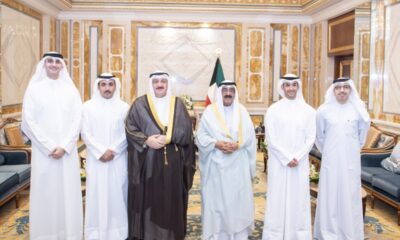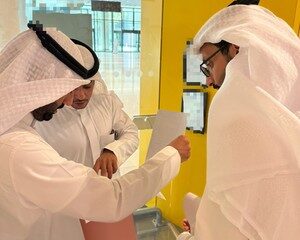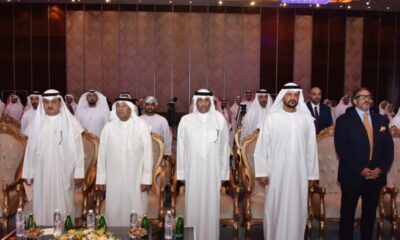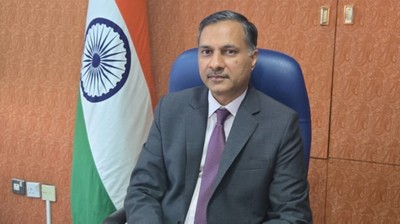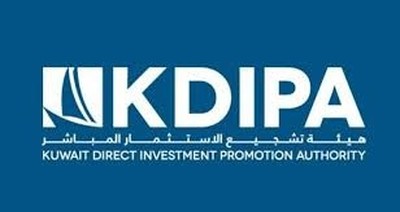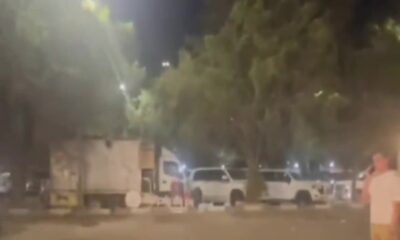KUWAIT: Over the past decade, Kuwait has steadily ramped up efforts to digitize government services, with a notable push beginning in 2016. Key entities such as the ministry of commerce and industry, Kuwait Municipality and more recently the launch of the central government app Sahel have all played significant roles in this transition. Kuwait Times spoke to several IT experts involved in this digital shift to gain deeper insight into the challenges and progress of the country’s e-government strategy.
A major contributor to Kuwait’s digital transformation is Naser Al-Mutawa, former undersecretary for technical support and planning at the ministry of commerce. Al-Mutawa emphasized that the primary challenges are not technical, but rather regulatory and bureaucratic. “It’s never technical by any chance,” he said. “We’re dealing with the legacy of decades of paperwork and massive physical archives, which makes digitization a daunting task.”
Kuwait’s bureaucratic roots date back nearly a century. “The start of modern-day bureaucracy was the establishment of Kuwait Municipality in 1930,” explained Dr Ali Al-Kandari, professor at the History Department in Kuwait University. He added that this legacy continues to shape current structures and processes.
Many early digitization efforts were launched independently by individual ministries, which limited their effectiveness. Al-Mutawa pointed out that the success of the Sahel app, which unified a broad range of government services, highlights the importance of top-down support. “You need both a political sponsor and a technical leader,” he noted, especially during critical periods such as the COVID-19 pandemic when the pace of digital transformation accelerated.
The impact of these efforts is already visible. In some cases, procedures that previously took months to complete using paper-based methods can now be finalized in a matter of days. “We’ve seen processes cut down from four months to three days,” Al-Mutawa said.
However, with increased digitization comes heightened cybersecurity risks. Yasmine Refaei, Chief Technology Officer for the public sector at an international corporation and an expert in AI and IT, stressed the importance of cybersecurity in maintaining digital infrastructure. “Kuwait is actively investing in security measures,” she said, a sentiment echoed by Al-Mutawa, who confirmed “the Kuwaiti government is working extensively on cybersecurity”.
The next frontier in Kuwait’s digital transformation is full automation. Zeyad Al-Subih, Assistant General Manager of IT at a local bank with over 25 years of experience in digital transformation and security, explained that while many services appear digital on the surface, the backend processing still happens manually. “Digital services in government are a significant step forward, but the actual processing still happens manually in the background,” he said. Nonetheless, he remains optimistic. “The necessary resources are available.”
Abdullah Al-Watayan, an entrepreneur who has seen some benefits from using Sahel, commented: “I must be stuck to my phone and do things multiple times just to give approval. Some processes are still odd — you’re required to handle them in person. Even if you’re launching a digital business, you still need to rent a physical space for a month or two, which is both a hassle and unnecessary.” A major step forward for the Sahel app has been the introduction of an English-language interface. For a long time, Sahel did not offer English, limiting its accessibility and overall usefulness for many residents in Kuwait.
Looking ahead, the integration of artificial intelligence and the consolidation of IT infrastructure across the public sector are seen as crucial next steps. These advances will enable more intuitive, responsive services that proactively anticipate user needs. AI will allow users to understand and interact with government services more efficiently. Experts also agree that reaching this next stage will depend on continued training for government employees and consistent implementation of national strategies supporting automation and AI governance. With these elements in place, Kuwait is poised to make a significant leap in public service delivery in the digital age.



